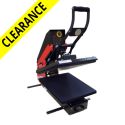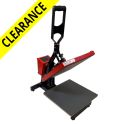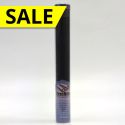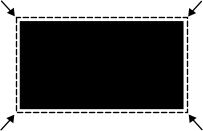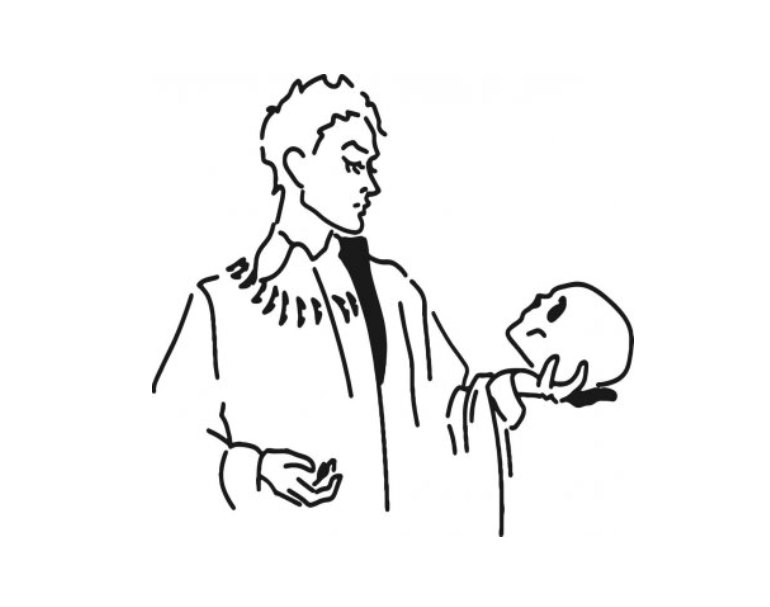
Cast or Calendered? That Is the Question
I can picture Shakespeare standing there, holding a skull… I mean a roll of vinyl, asking himself that age old question, “Cast or calendared?”
So, what is the difference? Why does one vinyl bear the name of a time tracking spreadsheet hung on a wall, and why does the other pretend it is related to a stove top frying pan?
The answer is really quite simple. Calendared vinyl is made from a block of vinyl squished between rollers, forcing it into flat, thin sheets. Cast vinyl, on the other hand, is poured into a mold (kinda like that cast iron frying pan).
The difference in manufacturing can make for some significant differences in usage.
Calendared vinyl tends to be thicker and have a shorter life span, be more prone to shrinkage, and less capable of handling complex curves. It is often best used for flat signage, though some higher end calendared vinyl can handle moderately complex curves (think vehicle doors and side panels). Of course, calendered vinyls are cheaper to manufacture and buy.
Cast vinyl can be made thinner than most calendared vinyl, tends to hold its shape better, and can handle complex curves (think vehicle hoods and bumpers, rivets, and ridges). This is the vinyl you want to use for business graphics on the side of a vehicle, decals that will need to run across significant curves, or to handle weather and sun exposure over a couple years. Unsurprisingly, cast vinyls are more expensive.
The two manufacturing processes - cast and calendered - show up in all manner of vinyl films: inkjet vinyl, laminating films, coloured plotter vinyl, etched glass vinyl, and even translucent vinyl. Vinyl manufacturers also often produce series of coloured cast vinyls specifically designed for vehicle wraps. This vinyl is non-printable, comes in a variety of unique colours, and can handle all the curves a vehicle can throw at it.
So, next time you find yourself looking into the eye sockets of a skull, philosophizing about the meaning of life… I mean vinyl, remember what you learned here. It may just make choosing the right vinyl for your project that much easier.
CALENDERED VINYL |
CAST VINYL |
|
Cheaper |
More Expensive
|
|
Thicker |
Thinner
|
|
Less UV Durable (shorter durability outdoors)
|
More UV Durable (longer durability outdoors)
|
|
More Shrinkage
|
Less Shrinkage
|
|
Less Stretchy
|
More Stretchy
|
|
More "Flat" Memory (less conformable)
|
Less "Flat" Memory (more conformable)
|

